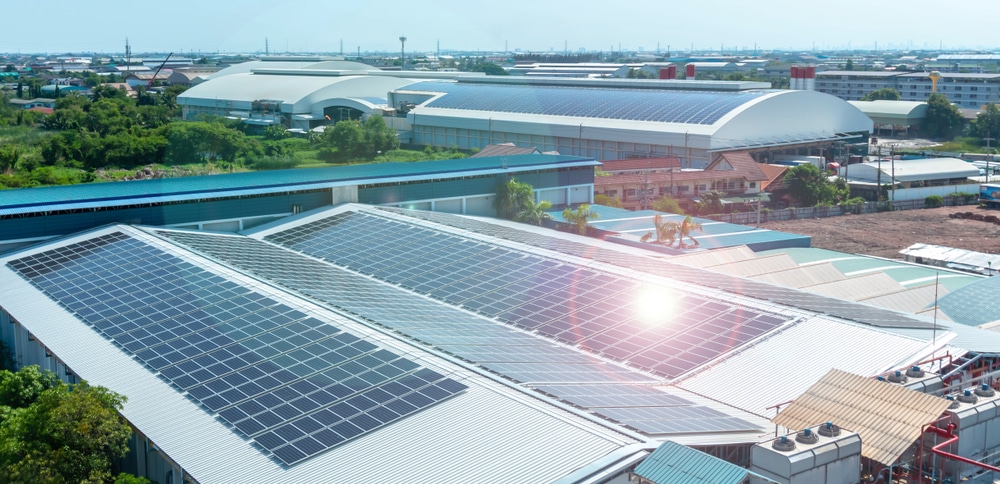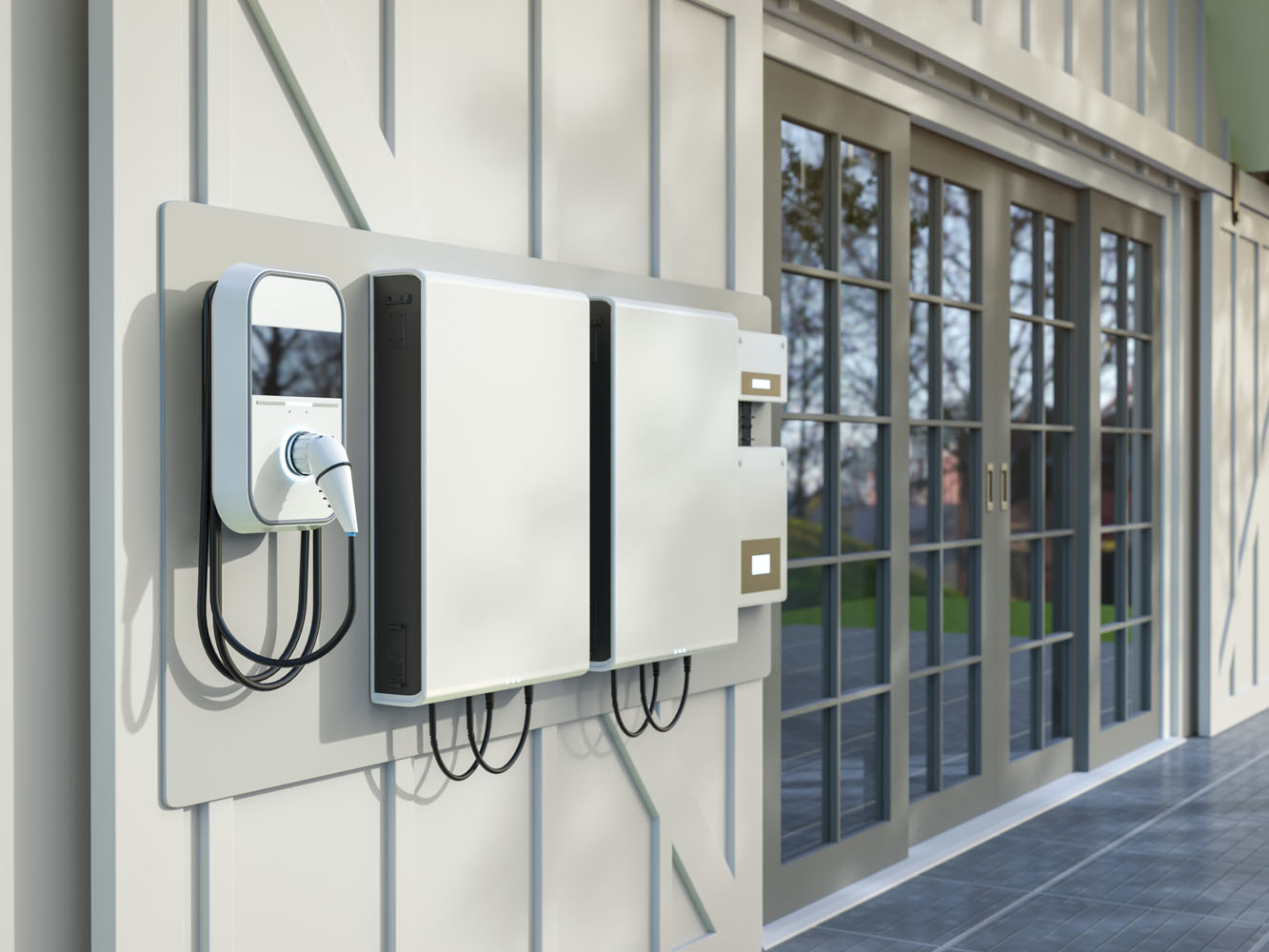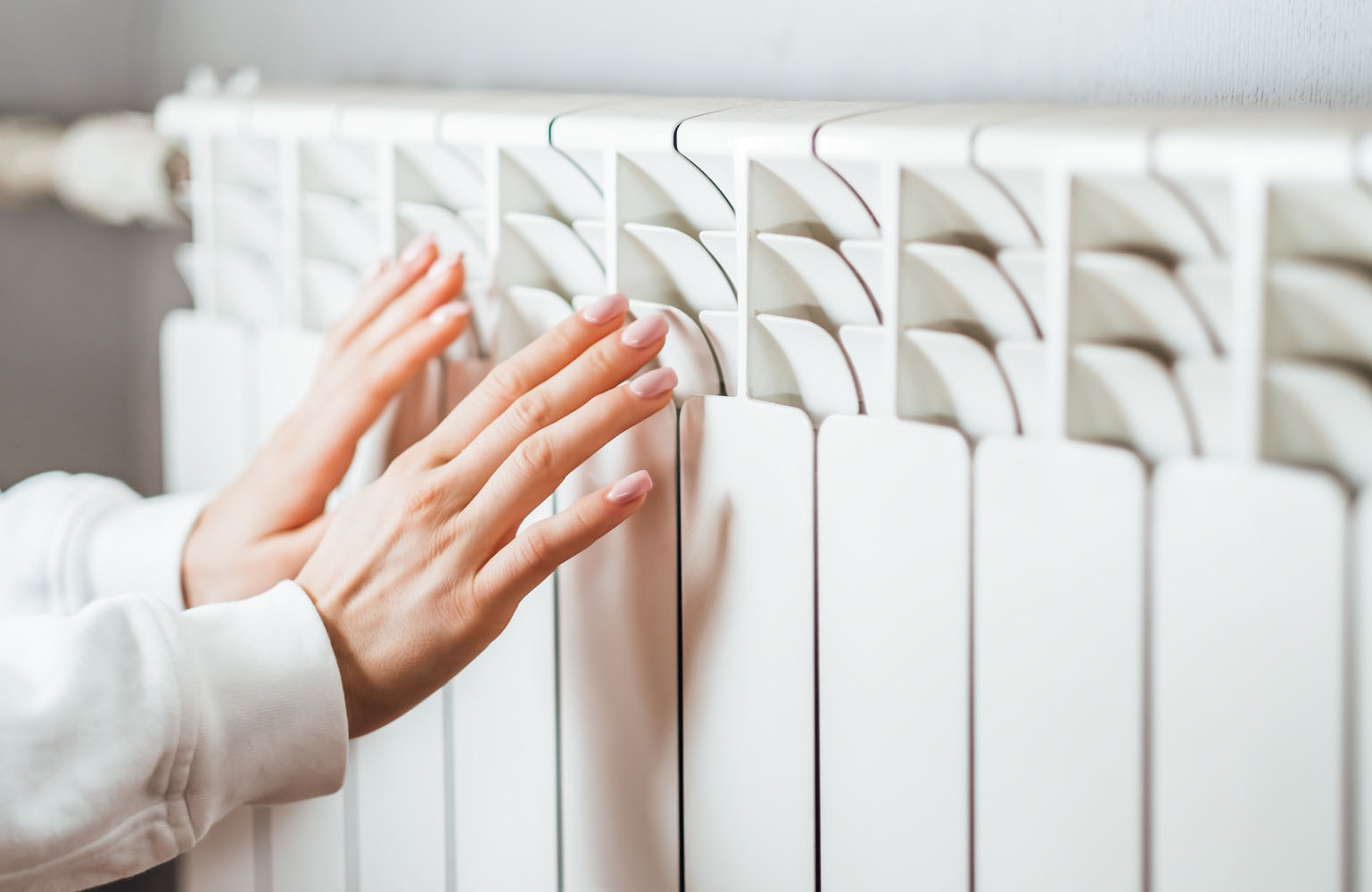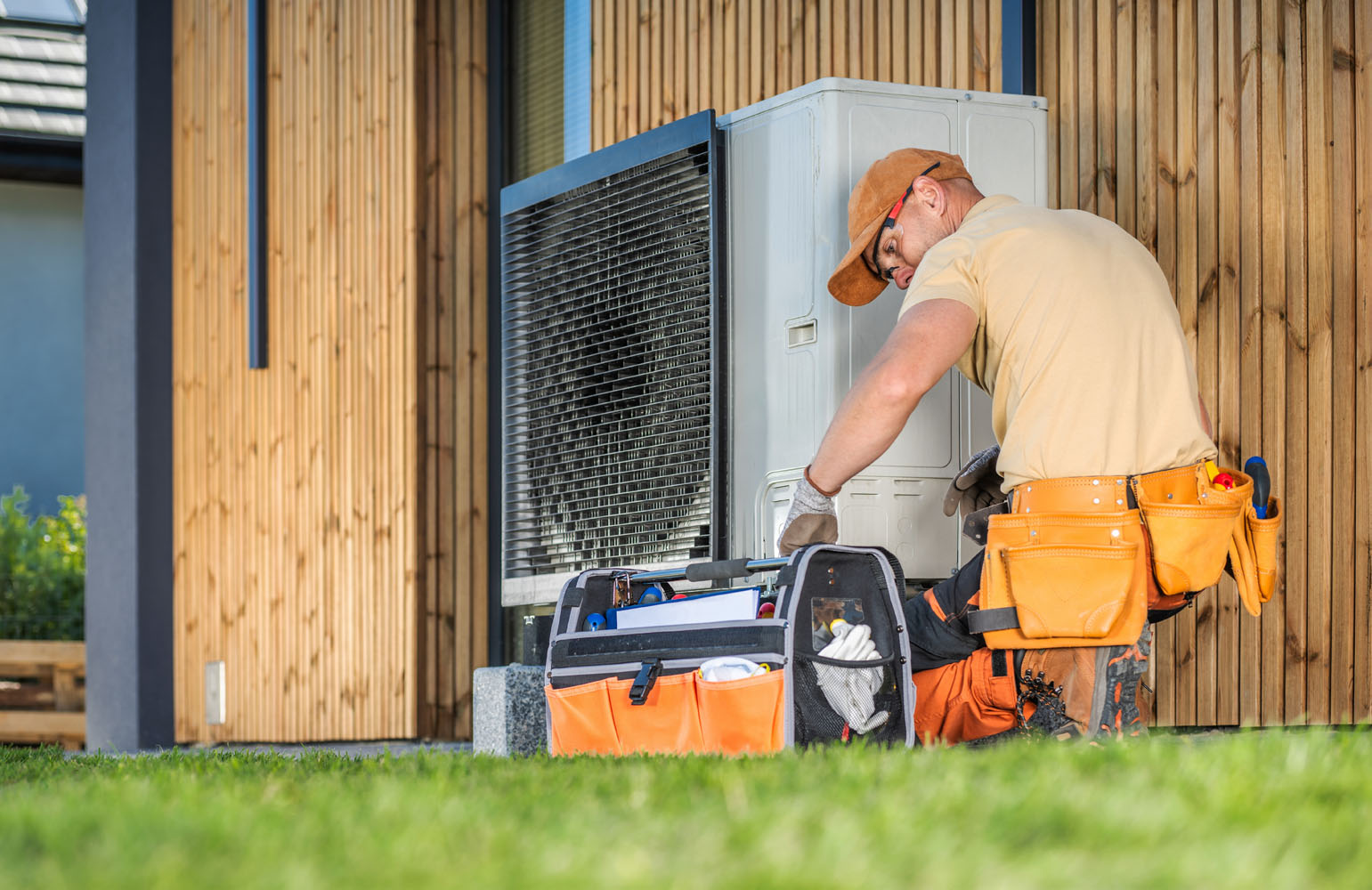Many homeowners don’t realize that their air conditioning system can play a crucial role in improving indoor air quality. Air conditioners not only cool the air but also help filter out dust, allergens, and other pollutants, making the air in your home cleaner and healthier to breathe. Here’s how you can optimize your air conditioning system to improve indoor air quality.
1. Upgrade Your Air Filters
Air filters are your first line of defense against airborne contaminants. Most air conditioning systems are equipped with standard filters that capture dust and dirt, but upgrading to a higher-efficiency filter can significantly improve indoor air quality.
- High-Efficiency Particulate Air (HEPA) Filters: HEPA filters are designed to capture 99.97% of particles as small as 0.3 microns, including pollen, dust mites, and pet dander. Installing HEPA filters in your air conditioning system can dramatically reduce the number of allergens and pollutants circulating in your home.
- How often to change filters: To maintain optimal air quality, it’s important to change your air filters regularly. During periods of heavy use, such as summer, check your filters every month and replace them if they appear dirty or clogged.
2. Keep Your System Clean
Regular maintenance of your air conditioning system is essential for maintaining good indoor air quality. Dust, mold, and bacteria can accumulate in your system’s ducts, evaporator coils, and condenser unit, potentially being recirculated into your home.
- How to clean your system: Schedule a professional tune-up at least once a year to ensure that your system is clean and free of contaminants. Additionally, clean the areas around your air vents and registers to prevent dust and debris from entering the system.
3. Control Humidity Levels
In addition to cooling your home, air conditioners also remove excess moisture from the air. This is important because high humidity levels can promote the growth of mold and mildew, which can trigger allergies and respiratory issues.
- Ideal humidity levels: Aim to keep your home’s humidity levels between 30% and 50%. If your air conditioner isn’t adequately dehumidifying your home, consider installing a whole-home dehumidifier to maintain optimal humidity levels.
4. Install an Air Purification System
For homeowners who want to take air quality to the next level, installing an air purification system can make a big difference. These systems work in conjunction with your air conditioner to remove even more pollutants from the air.
- UV-C light systems: Ultraviolet (UV-C) light systems can be installed inside your air conditioner to kill bacteria, viruses, and mold spores as air passes through the system. UV-C lights are highly effective at improving indoor air quality, especially in homes with allergy sufferers or individuals with compromised immune systems.
- Ionization systems: Air ionizers work by charging particles in the air, causing them to stick to surfaces instead of floating freely. This can reduce the number of allergens and pollutants in the air, improving indoor air quality.
5. Ensure Proper Ventilation
Good ventilation is essential for maintaining healthy indoor air quality. While air conditioners circulate and filter the air inside your home, it’s important to ensure that fresh air can enter as well. Proper ventilation helps dilute indoor pollutants and brings in oxygen-rich outdoor air.
- How to improve ventilation: Consider installing a heat recovery ventilator (HRV) or energy recovery ventilator (ERV) to introduce fresh air without compromising energy efficiency. These systems exchange stale indoor air for fresh outdoor air, helping to maintain good air quality and optimal energy usage.
Conclusion
Your air conditioning system can do more than just cool your home—it can also help improve indoor air quality. By upgrading your air filters, maintaining your system, controlling humidity levels, and investing in air purification systems, you can create a healthier, cleaner environment for your family. Be sure to consult with an HVAC professional to optimize your system for better indoor air quality.







